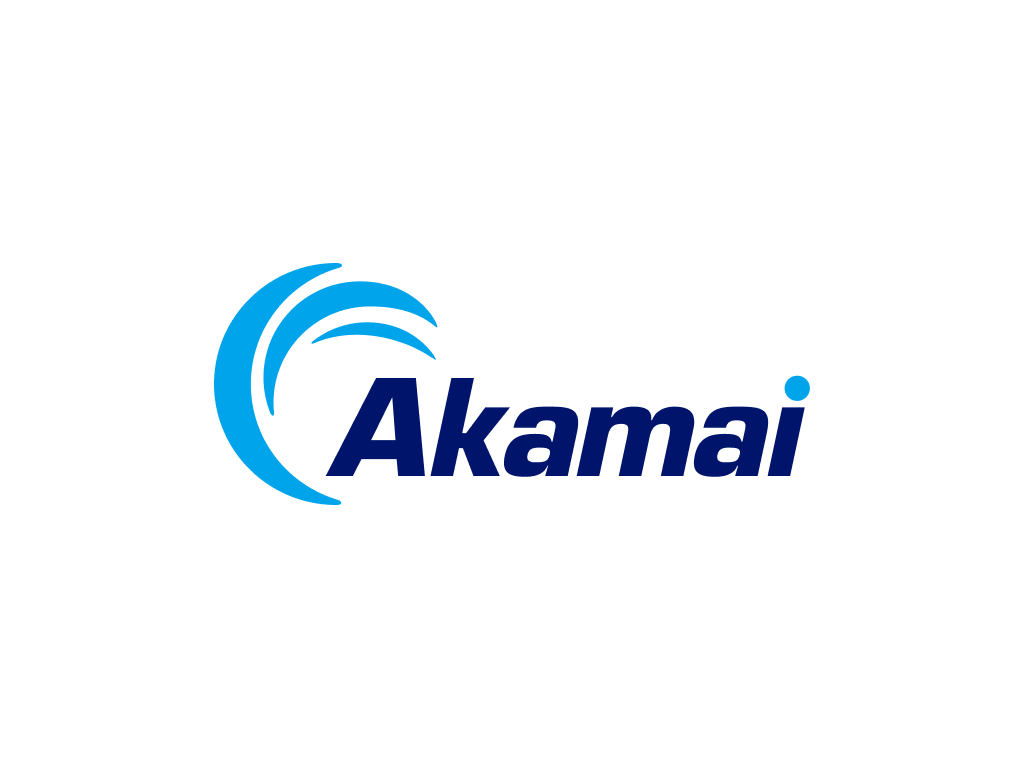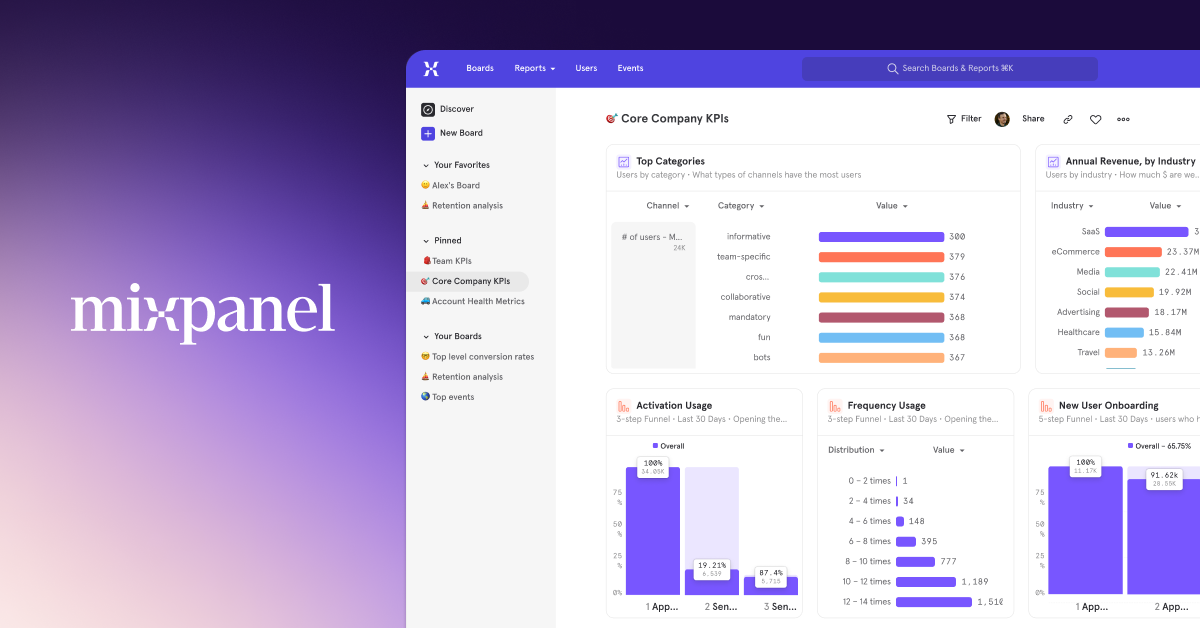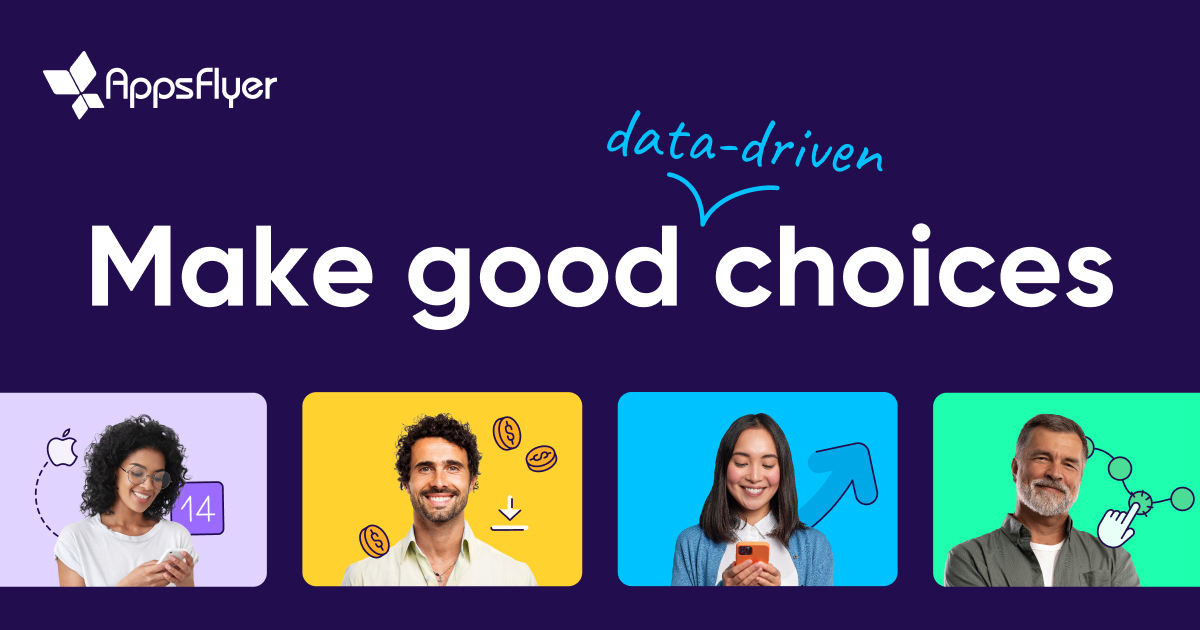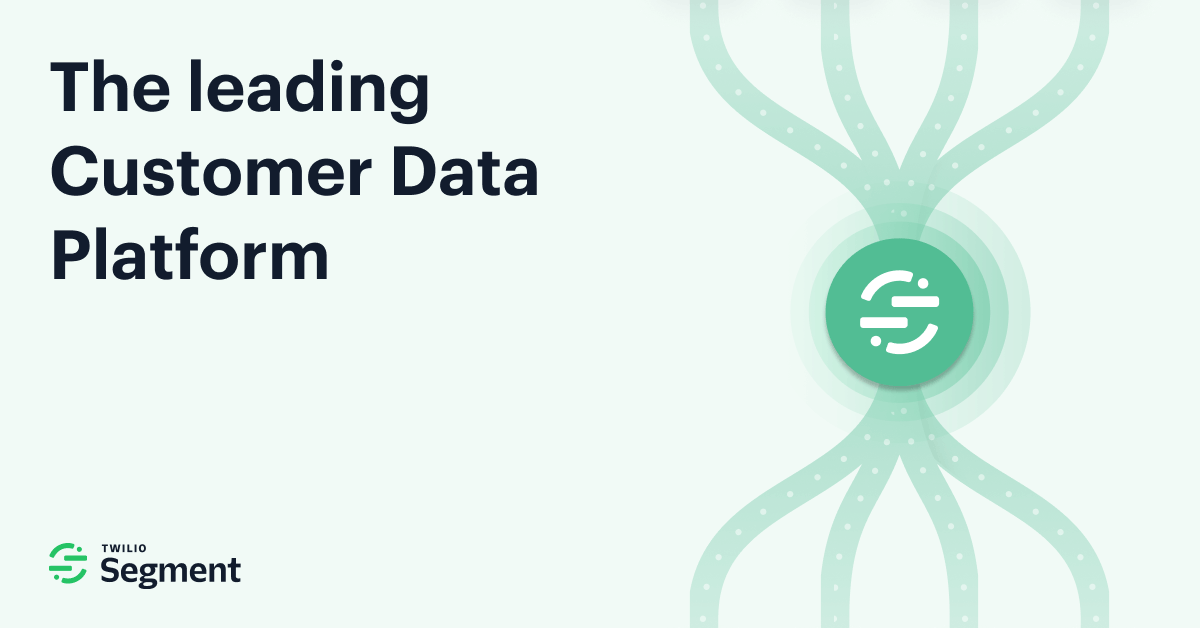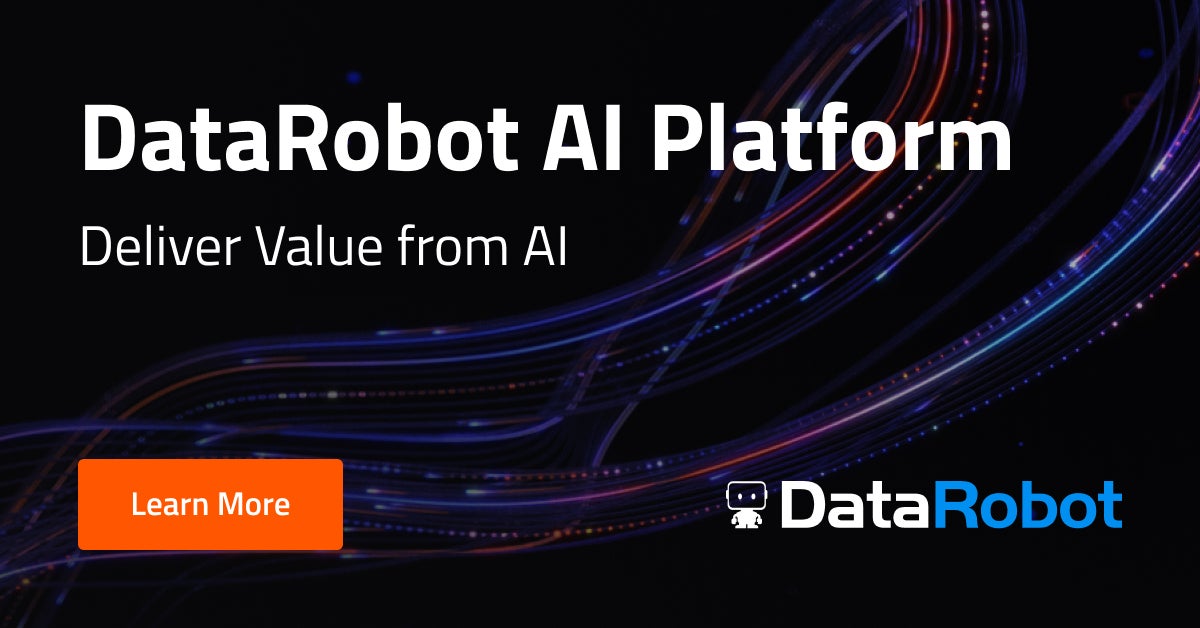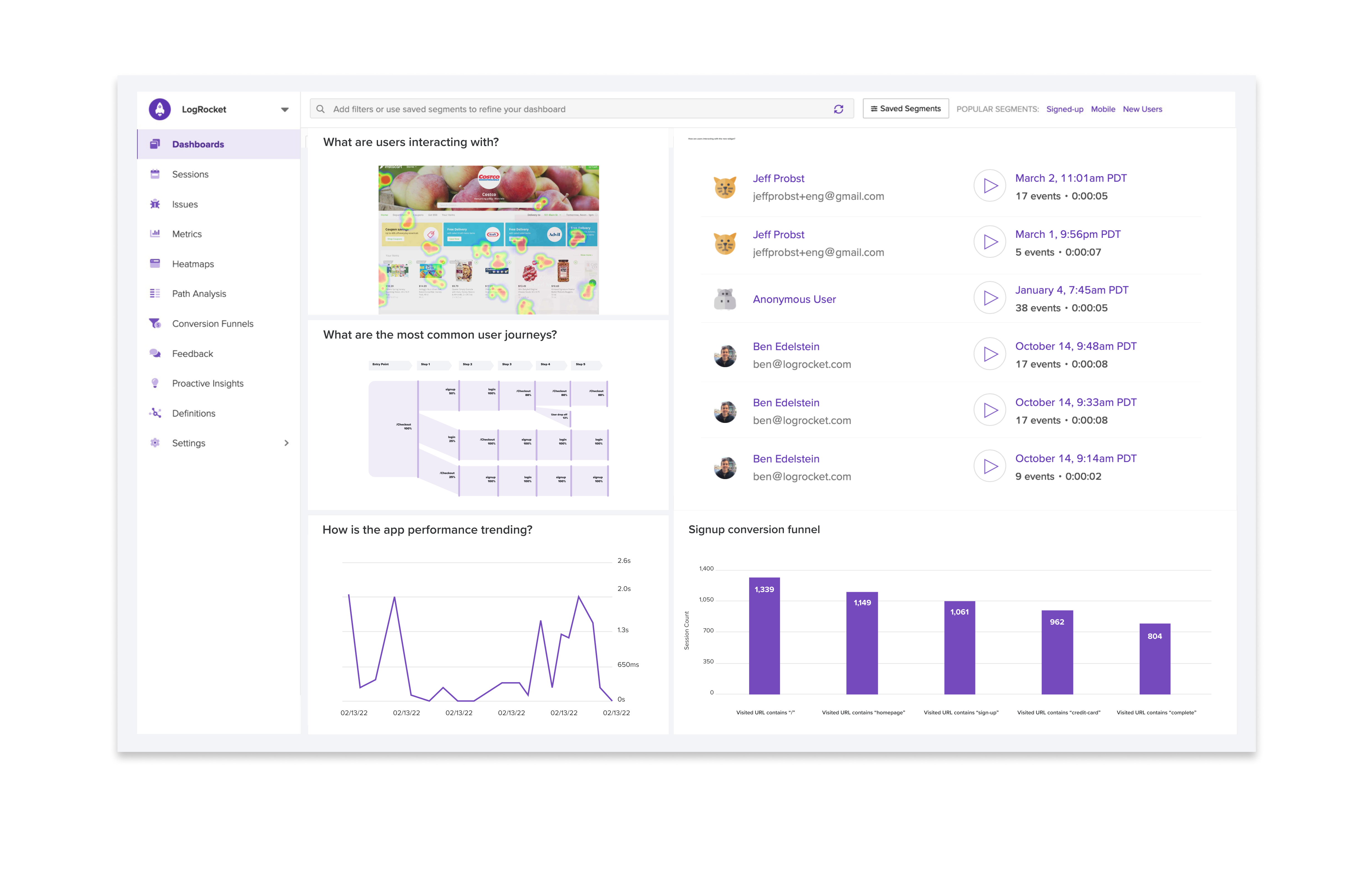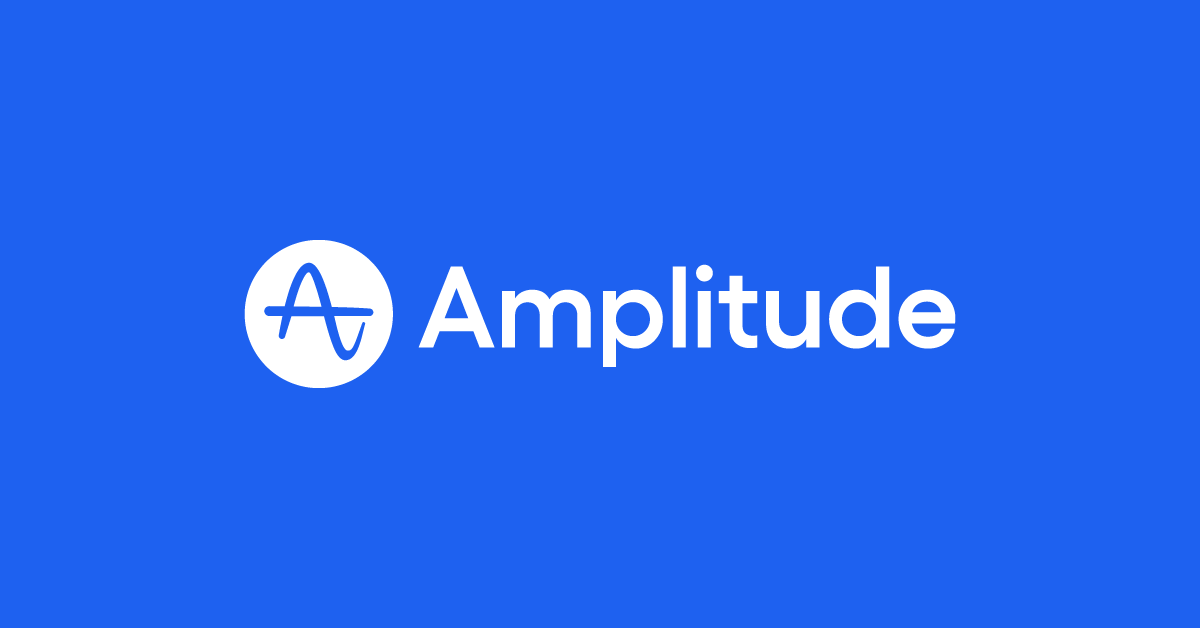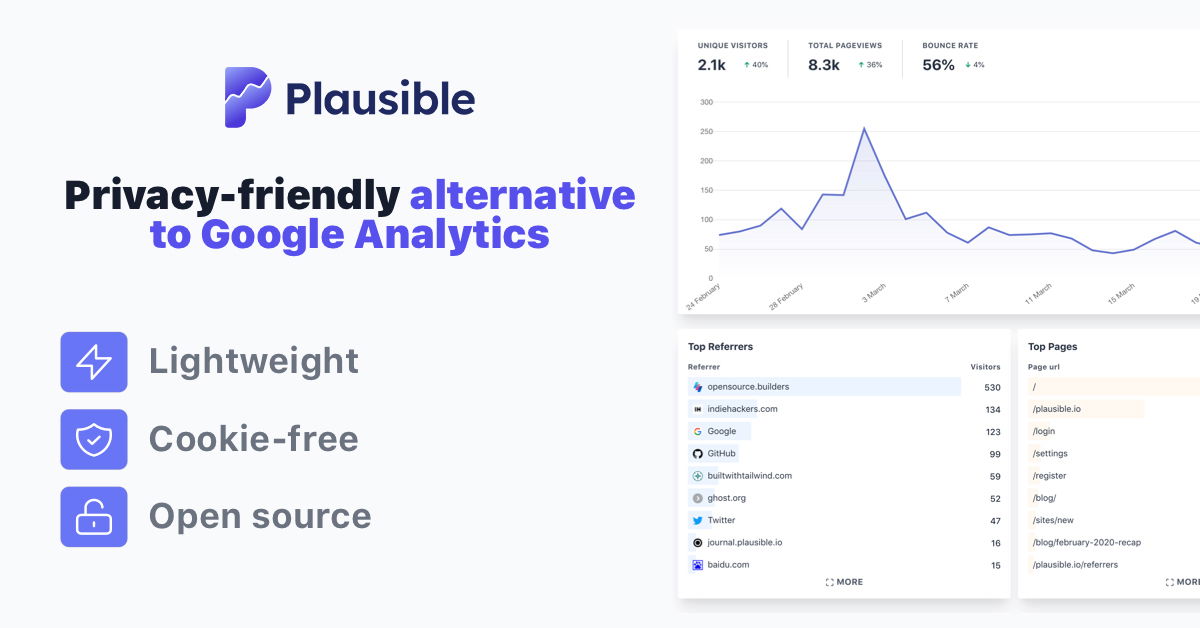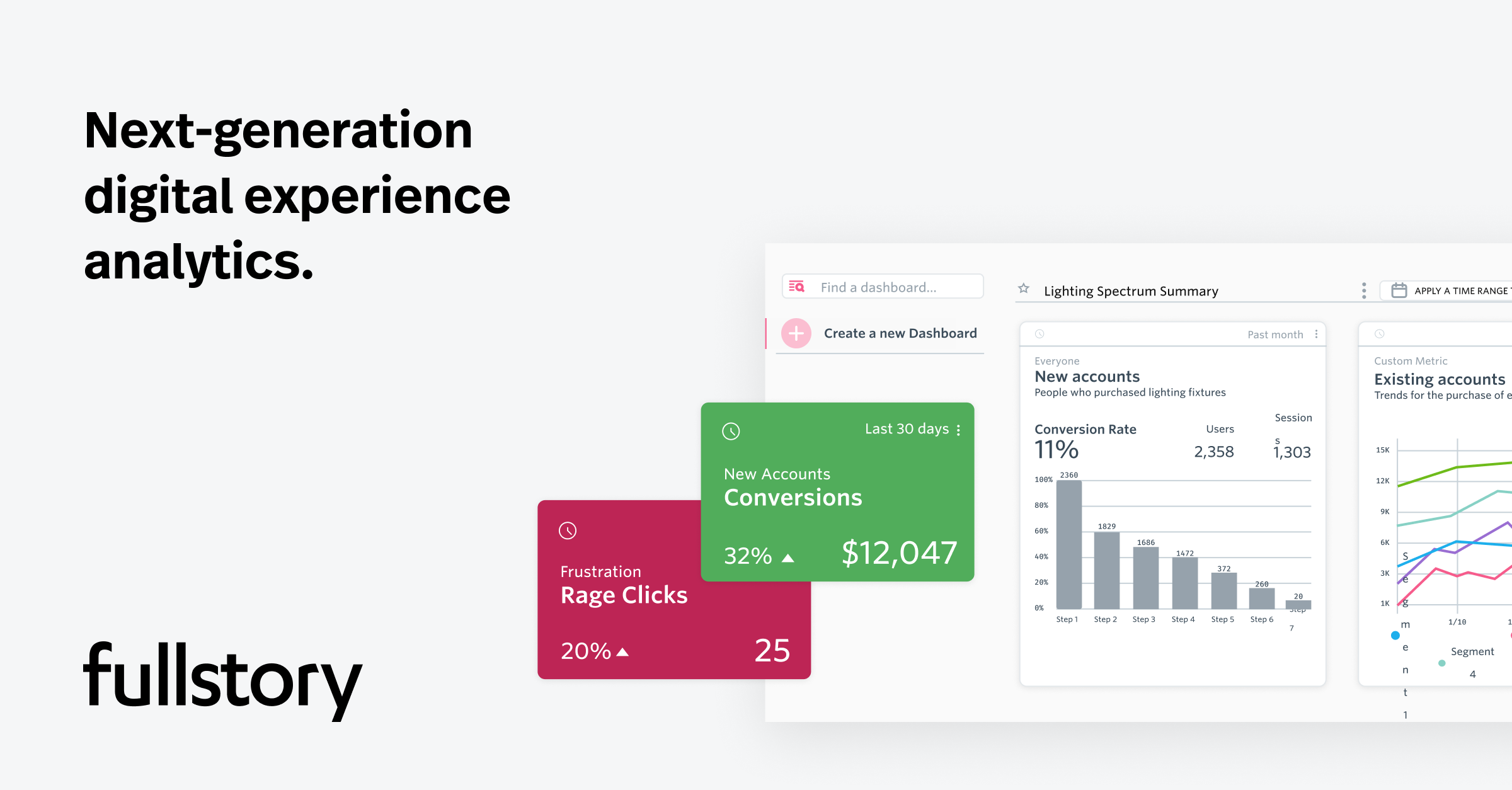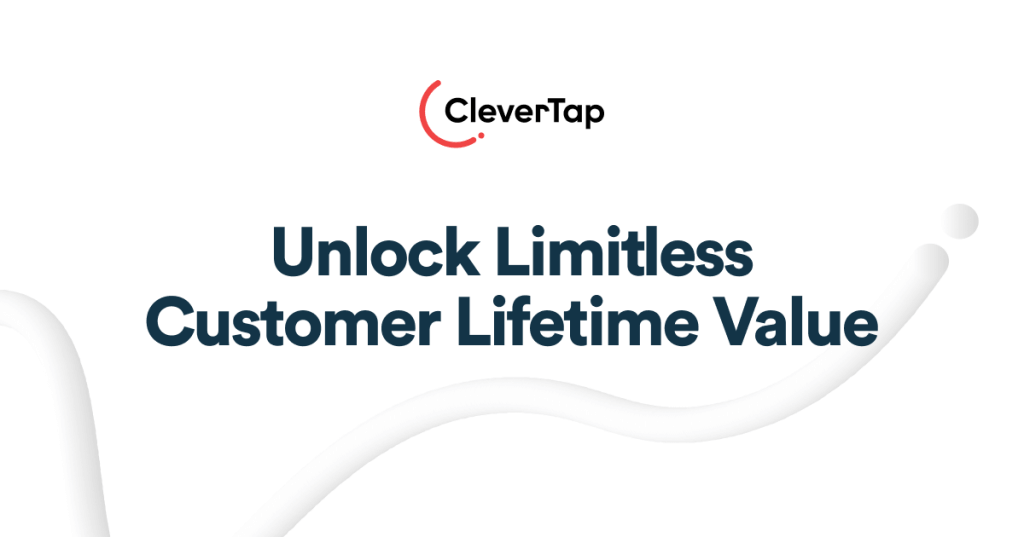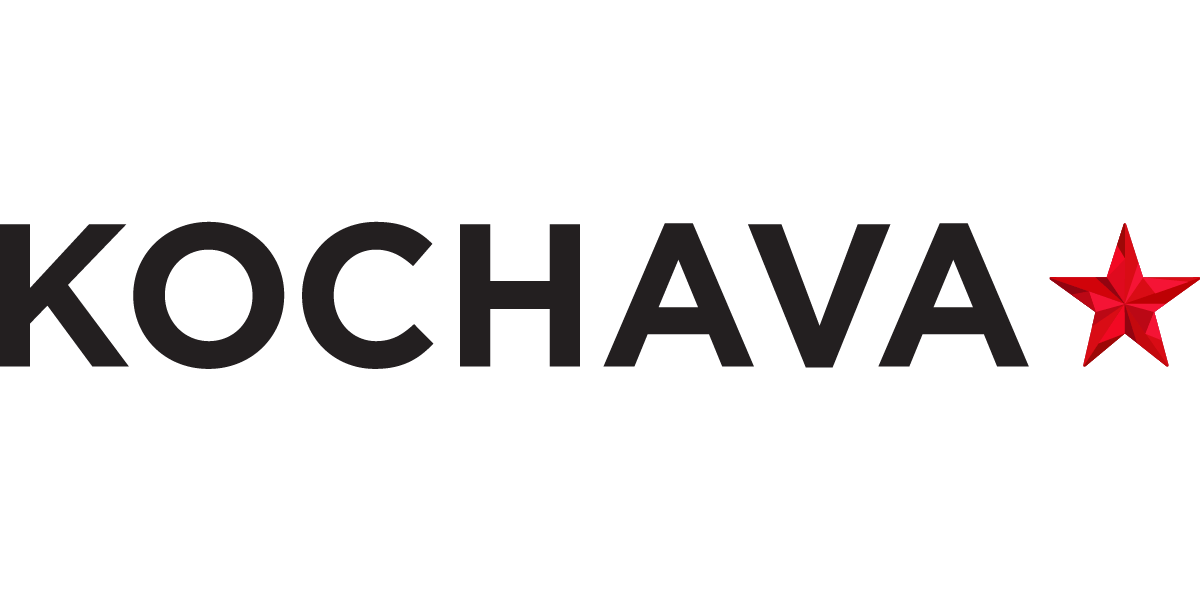Introduction
As mobile usage continues to rise, it is more important than ever for app and mobile web owners to gain insights into user behavior and metrics. Mobile analytics software helps provide a deeper understanding of key performance indicators like session duration, churn rate, and funnel drops. They also enable tracking of goals and events to improve the product based on data. In this blog, we analyze 15 leading mobile analytics platforms to help you pick the right one.
Methods of Evaluation
To evaluate and rank the mobile analytics tools, we considered various factors like features, pricing, ease of use, customer support, integrations, and popularity based on metrics like backlinks, traffic and keyword trends. Specifically, we looked at abilities like session replay, attribution, segmentation, custom event tracking, SDK support across platforms, real-time dashboards and so on. We also examined the pricing models, free trial or starter plans, documentation quality and reviewed what customers say online.
1. Adobe Analytics
Adobe Analytics, formerly known as Adobe Analytics, is an enterprise-grade web analytics solution developed by Adobe Inc. Adobe Analytics helps companies gain insights into customer behavior across multiple digital channels including websites, mobile apps, videos and digital documents. It provides insights into user sessions, marketing campaigns, digital content and more.
Pros: Some key advantages of Adobe Analytics include:
– Advanced segmentation and predictive analytics capabilities
– Integrates seamlessly with other Adobe Experience Cloud products like Adobe Target
– Robust user profiling and attribution features to map user journeys across touchpoints
– Intuitive dashboards and reports to gain insights without coding expertise
Cons: One of the main disadvantages of Adobe Analytics is its price, which can be significantly more than some open-source analytics tools for larger enterprises with more complex needs.
Pricing: Adobe Analytics pricing starts at $150K/year for the Enterprise tier and goes up based on data volume and custom requirements. It also offers flexible pricing models like per-user, metered or committed data volume.
Some key stats about Adobe Analytics include:
– Used by over 25,000 enterprises globally including many Fortune 500 companies
– Processes trillions of events and petabytes of data annually
– Integrates with 130+ technologies including Adobe Experience Cloud solutions, CRM platforms and marketing automation tools
2. Flurry Analytics
Flurry Analytics is a mobile app analytics solution provided by Yahoo. It provides insights into user behavior, sessions, device usage and more to help mobile app developers improve their apps. Some key facts about Flurry Analytics include that it has been in the mobile analytics space for over a decade and tracks over 1 trillion app sessions every month across over 1 million mobile applications.
Pros: Some key advantages of using Flurry Analytics include:
– Free basic tier that is suitable for most small-to-medium sized apps
– Paid plans for more advanced usage and features
– Crash reporting to help debug app crashes and stability issues
– SDKs that work across both Android and iOS mobile apps as well as the web
Cons: One potential disadvantage is that the free tier has some data and feature limitations compared to the paid tiers. For large apps or those with advanced analytics needs, a paid plan may be required.
Pricing: Flurry Analytics offers the following pricing plans:
– Free plan – Suitable for most small apps with limits on data volume, sessions and features
– Growth plan – Starts at $49/month for up to 5 million monthly sessions
– Pro plan – Starts at $199/month for up to 20 million monthly sessions
– Enterprise plan – Custom pricing for very large apps with over 20 million sessions
Some key stats about Flurry Analytics include:
– Tracks over 1 trillion app sessions every month across over 1 million mobile applications
– Has been in the mobile analytics industry for over 10 years
– Provides insights into user behavior, sessions, device usage and more for both Android and iOS apps
3. IBM Digital Analytics
IBM Digital Analytics, formerly known as IBM Marketing Cloud, provides powerful digital analytics capabilities to help organizations understand customer behaviors across all digital channels. As one of the leading enterprise-level analytics platforms, IBM Digital Analytics collects and analyzes data to help optimize the customer experience.
Pros: Some key advantages of IBM Digital Analytics include:
– Cross-channel user journeys and funnels
– Personalization and recommendations
– GDPR and data privacy by design
– Marketing attribution and optimization
Cons: A potential disadvantage is that as an enterprise solution, IBM Digital Analytics requires a sizable investment and may have a steeper learning curve than smaller analytics platforms.
Pricing: IBM Digital Analytics pricing is typically customized based on specific business needs and requirements. General pricing models include per-user pricing that ranges from $50-100 per month per user as well as deployment and implementation costs.
Some key stats about IBM Digital Analytics include:
– Over 15,000 customers globally including many Fortune 500 companies
– Processes over 500 trillion events annually
– Integrates data from more than 40 marketing platforms and technologies
4. Akamai
Akamai is a leading cloud services platform provider founded in 1998 with headquarters in Cambridge, Massachusetts. Akamai’s cloud platform is focused on delivering, optimizing and securing online content and business applications at scale. Akamai operates one of the largest Content Delivery Networks (CDN) in the world with servers located in over 130 countries.
Pros: Some key advantages of Akamai’s cloud platform include: – Reliable and fast content delivery globally through its large CDN network. – Real-user monitoring of app performance from edge nodes provides actionable analytics. – Robust security and DDoS protection against cyber threats.
Cons: One potential disadvantage is that as a large established company, some new features or services may not be as nimble or first to market as point solutions from smaller companies.
Pricing: Akamai pricing is typically based on usage and scale. Plans start with free trials and developer accounts. Larger customers work with Akamai sales representatives on custom enterprise pricing based on specific needs, traffic levels, and premium services required.
Some key stats about Akamai include: – Serves over 30% of all web traffic globally. – Has a network that includes over 4,000edges nodes. – Protects businesses and consumers from over 2 billion cyber threats daily. – Monitors and analyzes over 1.5 trillion web, mobile and video transactions per month.
5. Adjust
Adjust is a leading mobile measurement and analytics platform that helps companies make better decisions about their mobile marketing. Founded in 2012, Adjust works with over 30,000 apps across diverse industries like gaming, fintech, e-commerce and more. Its solutions offer full-funnel attribution and analytics capabilities.
Pros: Some key advantages of Adjust include:
– Attributing app installs and events to specific marketing channels
– Powerful analytics and insights into user acquisition and retention
– Integration with major platforms like Google Analytics for a unified view
– Global footprint with offices worldwide for localized support
Cons: One potential disadvantage is that Adjust’s pricing is based on the number of SDK installations and events processed each month. So it may not be suitable for very small apps or apps with low user engagement.
Pricing: Adjust offers three pricing plans – Basic, Pro and Enterprise. Pricing starts from $49 per month for up to 100,000 SDK installations and 1 million events. The Pro plan costs $199 per month and removes installation limits. Enterprise plans are customized based on business needs.
Some key stats about Adjust include:
– Over 1 billion SDK installations globally
– Processes over 20 billion events per month
– Integrates with over 150 different marketing channels and platforms
– Raised over $200 million in funding
6. Mixpanel
Mixpanel is a leading product analytics solution that helps companies analyze user behavior within their apps and websites. Founded in 2009, Mixpanel has grown to serve over 26,000 customers including Uber, Twitter, and BBC. Using Mixpanel, companies can collect data on user actions, track conversion funnels, and segment users to better understand customer needs.
Pros: Some key advantages of Mixpanel include:
– Flexible event tracking and custom dimensions allow for collection of any data point
– User profiling and segmentation enables analysis of user behaviors and traits
– Real-time analytics provide instant insights on user behavior and conversions
– Features like funnels, cohorts and retention analysis help measure user journeys and loyalty
Cons: One potential disadvantage is that the free tier limits projects to 10,000 daily active users which may not accommodate high-traffic websites and applications.
Pricing: Mixpanel offers three pricing tiers – Freemium, Pro and Enterprise.
The Freemium tier is free for up to 10,000 daily active users.
The Pro tier starts at $499/month for up to 200,000 daily active users.
The Enterprise tier is customized based on business needs for enterprises with very high volumes of data and users.
Some key stats about Mixpanel include:
– Processes over 1 billion events per day
– Serves over 26,000 customers worldwide
– Integrates with over 150 platforms including iOS, Android, web, and more
– Named a Gartner Magic Quadrant leader for digital analytics since 2015
7. AppsFlyer
AppsFlyer is a mobile attribution and marketing analytics solution that helps companies gain insights into user acquisition and engagement. Founded in 2011 and based in New York, AppsFlyer helps over 16,000 customers analyze mobile marketing campaigns and optimize spending to improve user retention and drive greater ROI.
Pros: Some key advantages of AppsFlyer include:
– Attribution across all marketing channels including social, search, display and more
– Cross-platform support for Android, iOS and web apps
– Real-time access to conversion data and insights
– Revenue analytics and tools to improve monetization and optimize ad spend
Cons: One potential disadvantage is that AppsFlyer is paid solution and pricing can be higher for larger companies and apps with high volumes of traffic and installs.
Pricing: AppsFlyer offers several tiers of paid plans starting from $99 per month for up to 3 apps. Pricing is based on number of apps, volume of installs and types of integrations and analytics needed. Enterprise plans with additional features are available with custom pricing.
Some key stats about AppsFlyer include:
– Processes over 100 billion installs per month
– Works with over 16,000 customers globally including Urbanclap, Udemy, Tinder and Hinge
– Integrates with over 200 partners including Facebook, Google, TikTok and Snapchat
8. Segment
Segment is a leading customer data platform (CDP) that helps companies collect, clean, and activate customer data to power personalized experiences across multiple channels. Founded in 2012 and acquired by Twilio in 2018, Segment helps thousands of companies like Instacart, Slack, and Intuit gain a complete understanding of their users.
Pros: Some key advantages of Segment include:
– Events and analytics for multiple tools – Collects data from all user touchpoints and surfaces them in analytics and marketing tools.
– Centralized data collection – Acts as a single source of truth for user data across the business.
– Integrate hundreds of third-party tools – Easily connect user data to any analytics, marketing or CRM tools.
– Personalize experiences – Use unified customer profiles and data to deliver 1:1 experiences everywhere.
Cons: One potential disadvantage is that Segment can be more expensive than other analytics or CDP solutions for very small businesses and startups with limited user bases and marketing budgets.
Pricing: Segment offers various pricing plans starting from a Free tier for developers and small businesses up to Enterprise tiers with custom pricing based on data volume and features needed. The Standard plan starts at $999/month and supports up to 30 million events per month.
Some key stats about Segment include:
– Processes over 500 billion events per month
– Integrates with over 600 marketing, analytics and CRM tools
– Used by over 20,000 companies globally including 18% of the Fortune 100
9. DataRobot
DataRobot is an AI-powered predictive analytics platform that automates machine learning model building. The platform provides predictive insights that can be applied to mobile apps and other products to gain valuable customer insights.
Pros: Some key advantages of the DataRobot platform include:
– Automates time-consuming data prep, feature engineering and model building tasks
– Provides governance and tracking of all machine learning assets from a single platform
– Offers access to AI experts through DataRobot Consulting to help businesses maximize ROI
Cons: One potential disadvantage is the platform requires some expertise to fully utilize all its advanced features. It may have a steeper learning curve for smaller businesses or teams without dedicated data scientists.
Pricing: DataRobot offers flexible pricing plans starting from a free trial. For ongoing use, pricing is typically based on the number of metrics, records and machine learning models/projects.
Some key stats about DataRobot include:
– Used by over 25,000 organizations globally
– Ability to automate the machine learning workflow for both predictive and generative modeling
– Supports Python, R and Spark for model building
10. LogRocket
LogRocket is a frontend and backend mobile app monitoring solution that helps development teams debug production issues and understand how users experience their apps. It assists developers in recording and replaying JavaScript errors in production, monitoring network requests and performance, and enhancing debugging workflows.
Pros: Some key advantages of LogRocket include:
– Recapture full user sessions with videos for deep debugging insights
– Track JavaScript errors and exceptions to better understand bugs
– Debug production issues effectively with session replays and error details
– Intuitive dashboard and tools for analyzing app usage and errors
Cons: One potential disadvantage is that detailed session logging and storage can increase backend costs, though LogRocket has tiered pricing plans to manage this.
Pricing: LogRocket has the following pricing plans:
– Free plan for unlimited users and 14 days of session history
– Pro plan starting at $149/month for up to 10,000 MAU and 30 days of session history
– Enterprise plan with custom pricing for very large apps and teams
Some key stats about LogRocket include:
– Logs full user sessions with videos and gestures for easy debugging
– Tracks JS errors and exceptions to quickly pinpoint bugs
– Over 75,000 developers use LogRocket to debug their apps
– Records network requests, performance monitoring and offline errors
11. Amplitude
Amplitude is a product analytics platform that helps companies make better decisions using their user data. Founded in 2012 and based in San Francisco, Amplitude currently has over 500 employees and powers digital product insights for over 45,000 digital products. Their platform provides powerful analytics, experimentation and personalization tools to understand user behaviors and drive better experiences and outcomes.
Pros: Some key advantages of Amplitude include:
– Strong product usage and engagement analytics to deeply understand user behaviors
– Cross-platform support for integrating analytics on iOS, Android and web applications
– Real-time insights into what users are doing so product teams can address issues quickly
– Powerful segmentation and filtering options to analyze specific customer cohorts
Cons: One potential disadvantage is that the free tier only allows analysis of 100,000 events per month which may not provide enough data for large and highly successful apps and websites.
Pricing: Amplitude offers multiple paid plans starting from $199 per month for the Basic package up to custom enterprise plans. The Basic package includes analytics for up to 10 million API calls and filters, segments and dashboards. It scales up from there with additional features and higher data volumes included in the Professional, Team and Enterprise plans.
Some key stats about Amplitude include:
– Over 2.5 trillion logged events per month
– More than 45,000 digital products use Amplitude
– Analyzes billions of user sessions and identifies user behaviors
– Has raised over $200 million in total funding
12. Plausible
Plausible Analytics is a privacy-focused, open-source web analytics tool developed by Plausible. Plausible makes it easy for website owners to see key metrics about their site visitors and traffic without compromising user privacy or relying on third-party cookies.
Pros: Some key advantages of Plausible include:
– Privacy-focused analytics without user tracking
– Simple to implement with no proprietary data collection
– Analytics on pageviews, referrers, geographical data
Cons: One potential disadvantage is the lack of some advanced analytics features compared to larger players like Google Analytics as Plausible focuses on the basics.
Pricing: Plausible offers a free forever plan for basic analytics needs. Paid plans start at $14/month for additional features and support.
Some key stats about Plausible include:
– Used by over 150,000 websites globally
– Processes over 3 billion pageviews per month
– Provides analytics without cookies, browser fingerprinting or IP address tracking
13. FullStory
FullStory is a leader in digital experience intelligence. Founded in 2012, FullStory collects analytics on over 1 trillion digital interactions every month to help organizations understand user behavior and improve their digital products and experiences. With offices in San Francisco and Atlanta, over 2,500 companies like NBC, IBM, and Cisco use FullStory to optimize the performance of their websites and applications.
Pros: Some key advantages of FullStory include:
– Session replay and heatmaps for in-depth UX research
– Automated bug tagging and root cause analysis from errors
– Advanced search and filtering capabilities for sessions
– Real-time session playback from any touchpoint
– customized event tracking for any business goals
Cons: A potential disadvantage is that FullStory’s pricing plans could be more expensive than some other analytics solutions for very large sites or apps with extremely high traffic.
Pricing: FullStory offers three pricing plans – Basic, Professional, and Enterprise. Pricing is based on the number of monthly active users on sites and apps being tracked. The Basic plan starts at $199 per month for up to 10k MAUs.
Some key stats about FullStory include:
– Collects analytics on over 1 trillion interactions per month
– Used by over 2,500 companies globally including 18% of the Fortune 100
– Has raised over $200M in funding from top investors
– Rated #1 in G2’s Mobile Analytics category for 9 consecutive quarters
14. CleverTap
CleverTap is a leading mobile analytics and customer engagement platform. Founded in 2013, CleverTap today serves over 10,000 customers around the world covering multiple industries including edtech, finance, retail, travel and hospitality amongst others. Their platform provides powerful features to help companies optimize user engagement and retention.
Pros: Some key advantages of CleverTap include:
– Push messaging and in-app notifications
– Attribution and segmentation tools to track user behavior
– Personalization and campaigns to improve engagement
– Real-time analytics to track retention and funnel metrics
Cons: One potential disadvantage is that the platform may have a steeper learning curve for companies new to mobile analytics and tools.
Pricing: CleverTap offers freemium and paid subscription plans starting at $15/month for the Starter plan up to custom enterprise plans. Pricing is based on the number of end users in your apps.
Some key stats about CleverTap include:
– Serves over 10,000 customers globally across industries
– Processes over 10 trillion events per month
– Has supported over 8 billion push notifications
15. Kochava Collect
Kochava Collect is a mobile app analytics and attribution platform developed by Kochava. As one of the leading mobile analytics providers, Kochava Collect offers app developers robust analytics and attribution capabilities to measure app performance and optimize user acquisition campaigns.
Pros: Key advantages of Kochava Collect include:
– Cross-device attribution and analytics to measure user acquisition across devices
– Enhanced app store optimization features like keyword rank tracking
– Highly customizable event tracking to track any app interactions
– Integrations within the Kochava ecosystem like Kochava Pulse for additional campaign insights
Cons: One potential disadvantage is that Kochava Collect is on the more expensive side compared to other attribution platforms due to its robust feature set.
Pricing: Kochava Collect offers flexible pricing plans tailored for different business needs. Pricing typically starts from $999 per month for the Basic plan and goes up to $4,999 per month for the highest Enterprise plan based on data volume and user counts.
Some key stats about Kochava Collect include:
– Tracks over 500 billion events per month
– Provides insights for over 2 billion unique devices globally
– Offers cross-device attribution across 160+ attribution partners
Conclusion
While all the platforms evaluated offer value, some may be more suitable than others depending on your specific needs and budget. We hope this analysis provides a starting point to shortlist the options and try out the platforms to see what works best for gaining actionable insights from your mobile users. Mobile analytics is a critical part of optimizing the mobile experience, and the right software can help drive better product decisions and growth.







